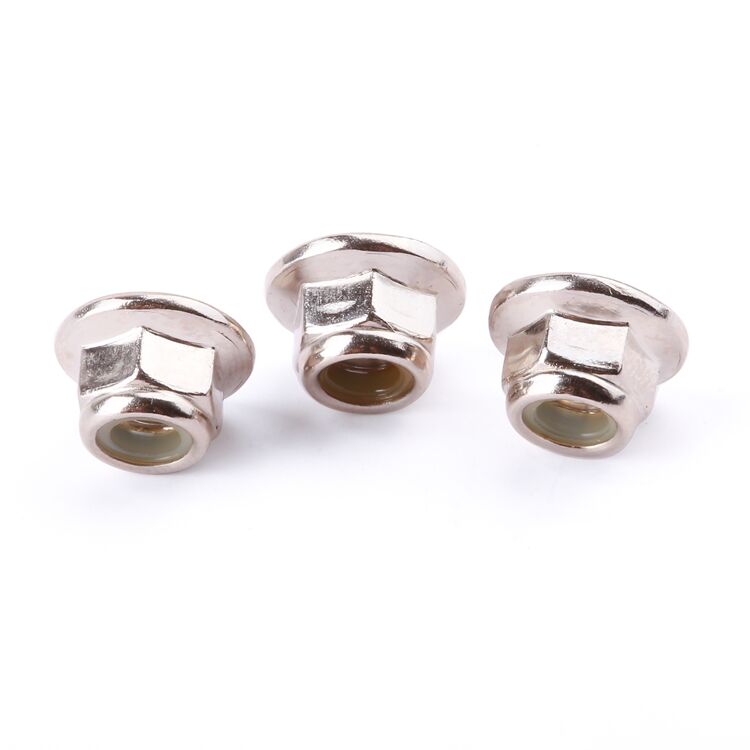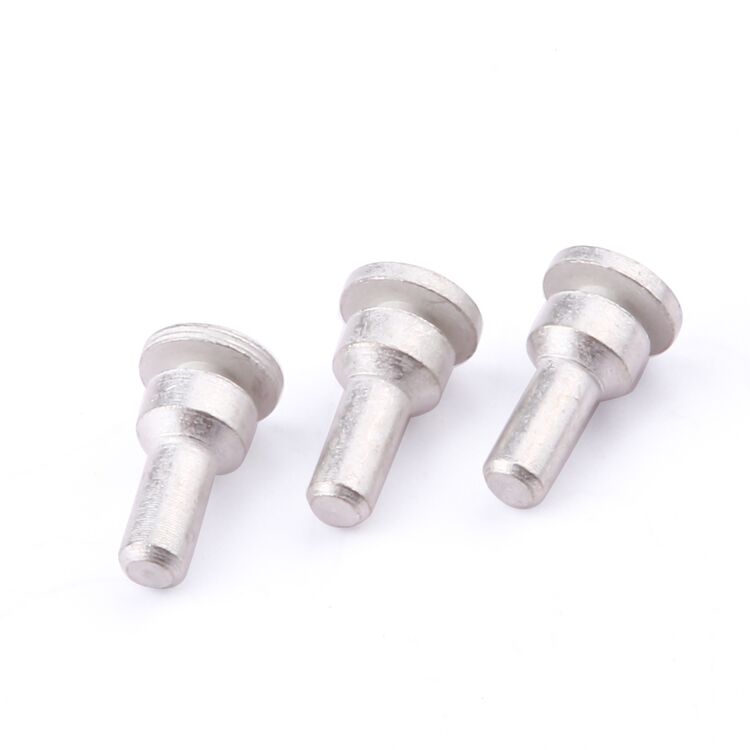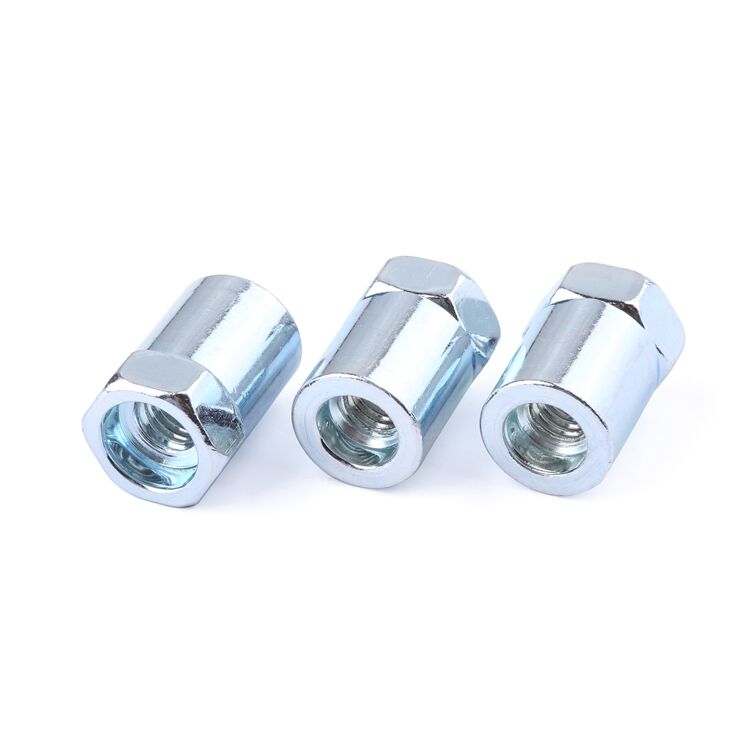Screw nuts are a small piece of hardware that does a lot in keeping various materials together. The arm is usually made of metal and hence is very strong. A screw has an internal thread hole at its center which is one of its distinguishing feature. These threads are as spirals which accommodate onto a bolt or screw. Twisting the nut also makes the screw or bolt tighter or looser depending on the direction you turn it. This fasten or loosen is very vital because it keeps things close.
Wing Nuts: Wing nuts are special because they have two big "wings" that stick out on the sides. These wings allow the nut to be turned with the hands tool-free. Wing nuts are particularly handy if you need to regularly have your things loose, such as with certain hobbies or projects where you tear things down and reassemble them frequently.
Cap Nuts: These are rounded or dome-shaped nuts. These are the covers used to cover up the end of a bolt screw and keep extra protection. This is significant as it not only avoids injuries cut from sharp edges, but it also reads dirt and moisture out of the bolt or screw, extending its lifespan.
Flange nuts: Flange nuts are wider in comparison to regular nuts. Its wide base helps the pressure to distribute more evenly than in other types of nut. A Flange nut is often used in automotive and industrial applications, as they keep things tight and secure when high stress loads are present.

Screw nuts comes in different materials like steel, brass and stainless steel. Choosing a material that helps you stay in harmony with the things you are creating is of the utmost importance. The material should also be able to support itself with the weight and pressure applied to it.

Size: With a nut, it is critical that the right size nut is chosen to correct ensure tight and secure fitment. Since nuts come in a variety of different sizes, it's important to choose one that is in accordance with the size of the bolt or screw that you are working with. A nut that is too small will not grasp right, and one that is too large and will not hold right.

Environmental Factors: Where you are using the nut is also an important factor. If the nut will be in a wet spot or a spot that has chemicals, for example, then go with a stainless steel nut. The corrosion-resistant and rust-resistant nature of stainless steel means that it performs better over a longer time frame in adverse conditions.


